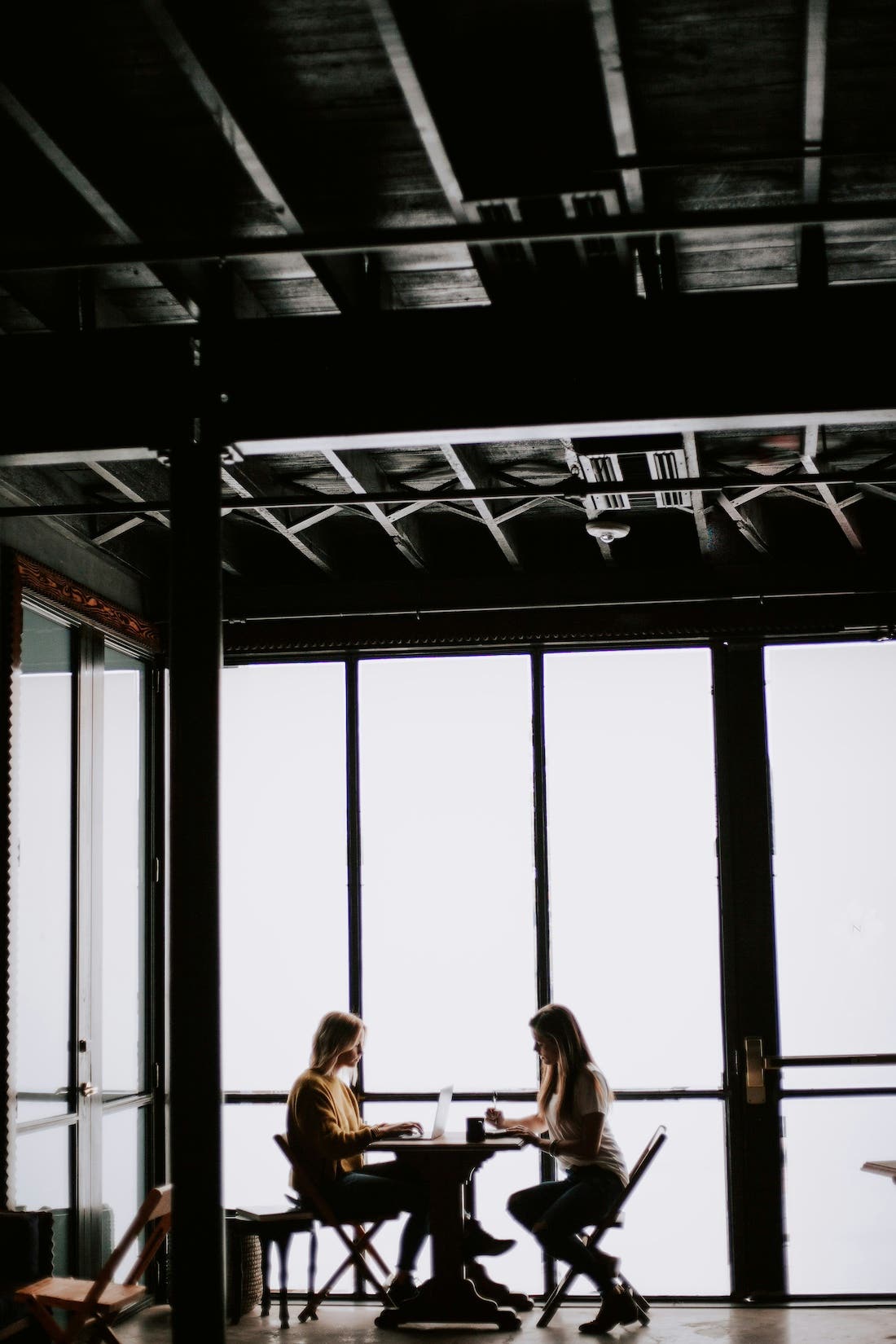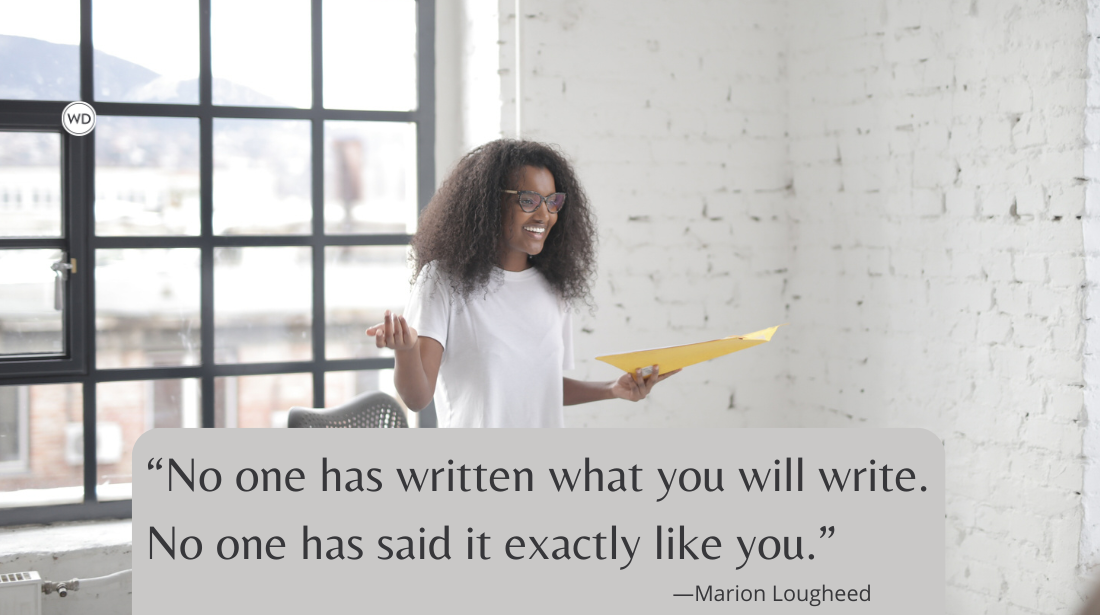Mark Kurlansky: On Coincidences Driving Memoir
Award-winning author, playwright, and journalist Mark Kurlansky discusses the experience of channeling Ernest Hemingway in his new memoir, The Importance of Not Being Ernest.
Mark Kurlansky was born in Hartford, Connecticut. After receiving a BA in theater from Butler University in 1970—and refusing to serve in the military—Kurlansky worked in New York as a playwright, having a number of off-off Broadway productions, and as a playwright-in-residence at Brooklyn College. He has worked many other jobs, including as a commercial fisherman, a dock worker, a paralegal, a cook, and a pastry chef.
In the mid-1970s he turned to journalism, and from 1976 to 1991 he worked as a foreign correspondent for The International Herald Tribune, The Chicago Tribune, The Miami Herald, and The Philadelphia Inquirer. Based in Paris and then Mexico, he reported on Europe, West Africa, Southeast Asia, Central America, Latin America, and the Caribbean. His articles have appeared in a wide variety of newspapers and magazines, including The Philadelphia Inquirer, The Miami Herald, The Chicago Tribune, The Los Angeles Times, Time, The New York Times, and many more.
He has had 35 books published including fiction, nonfiction, and children's books. His books include Havana, Cod, Salt, Paper, The Basque History of the World, 1968, The Big Oyster, among other titles. He has received the Dayton Literary Peace Prize, Bon Appetit’s Food Writer of the Year Award, the James Beard Award, and the Glenfiddich Award. He lives in New York City. Find him on Facebook.
In this post, Mark discusses the experience of channeling Ernest Hemingway in his new memoir, The Importance of Not Being Ernest, the many coincidences between himself and Hemingway he found along the way, and more!
Name: Mark Kurlansky
Literary agent: Charlotte Sheedy
Book title: The Importance of Not Being Ernest
Publisher: Books and Books Press
Release date: May 19, 2022
Genre/category: Memoir and literature
Previous titles: This is my 35th book. My back list includes fiction, nonfiction, children’s books, YA books, translation of a classic French novel, and a cookbook. Cod, Salt, The Basque History of the World, World Without Fish are some of my best known
Elevator pitch for the book: This is a memoir of how by coincidence I have spent much of my life in famously Hemingway places such as Paris, Spain, Cuba, and Idaho, and the relationship of my life to the Hemingway myth and constant encounters with Hemingway fans.
IndieBound | Bookshop | Amazon
[WD uses affiliate links.]
What prompted you to write this book?
I was fly fishing for rainbow trout in the Big Wood River in Ketchum, Idaho, as I often do when it suddenly occurred to me that I was near the spot where Hemingway killed himself. I realized that I was already older than Hemingway ever lived to be and that my life involved constant encounters with Hemingway myths.
How long did it take to go from idea to publication? And did the idea change during the process?
Over six or more years of working with and contemplating this book, I struggle with finding the right balance between Kurlansky and Hemingway, and although I have a certain reticence about talking about Kurlansky, in the end the book was more Kurlansky and less Hemingway than when I started. Still a lot of Hemingway and having talked to people who knew him some things that are little known about Hemingway.
Were there any surprises or learning moments in the publishing process for this title?
Turns out that what I have in common with Hemingway is that while I have gone and lived in many places and have many passions and interests, both of our lives are essentially about a love of books.
Were there any surprises in the writing process for this book?
I knew of many Hemingway coincidences, starting with being in Idaho the day he killed himself there, but I kept finding more and more small connections—we both played the cello, his favorite hotel in Chicago, he was assigned to a New York hotel before being shipped to World War I that I frequented as a high school student, etc.
What do you hope readers will get out of your book?
It is about writers who influenced me, modernists and beatniks, who shaped my writing, but in the end it is what a writing life is about.
If you could share one piece of advice with other writers, what would it be?
Don't let anyone, myself included, teach you how to write. Don't develop a prose style but unleash your own natural voice that comes from no one but you. Avoid reading other writers while working to avoid their influence.
If you can, read in another language. I like to read in French and Spanish when I am writing in English. Never listen to music while writing because it imposes someone else’s rhythm. Find the rhythm of the material with which you are working.
Let your quirks be your own, and don’t let anyone fix them.
Robert Lee Brewer is Senior Editor of Writer's Digest, which includes managing the content on WritersDigest.com and programming virtual conferences. He's the author of 40 Plot Twist Prompts for Writers: Writing Ideas for Bending Stories in New Directions, The Complete Guide of Poetic Forms: 100+ Poetic Form Definitions and Examples for Poets, Poem-a-Day: 365 Poetry Writing Prompts for a Year of Poeming, and more. Also, he's the editor of Writer's Market, Poet's Market, and Guide to Literary Agents. Follow him on Twitter @robertleebrewer.








